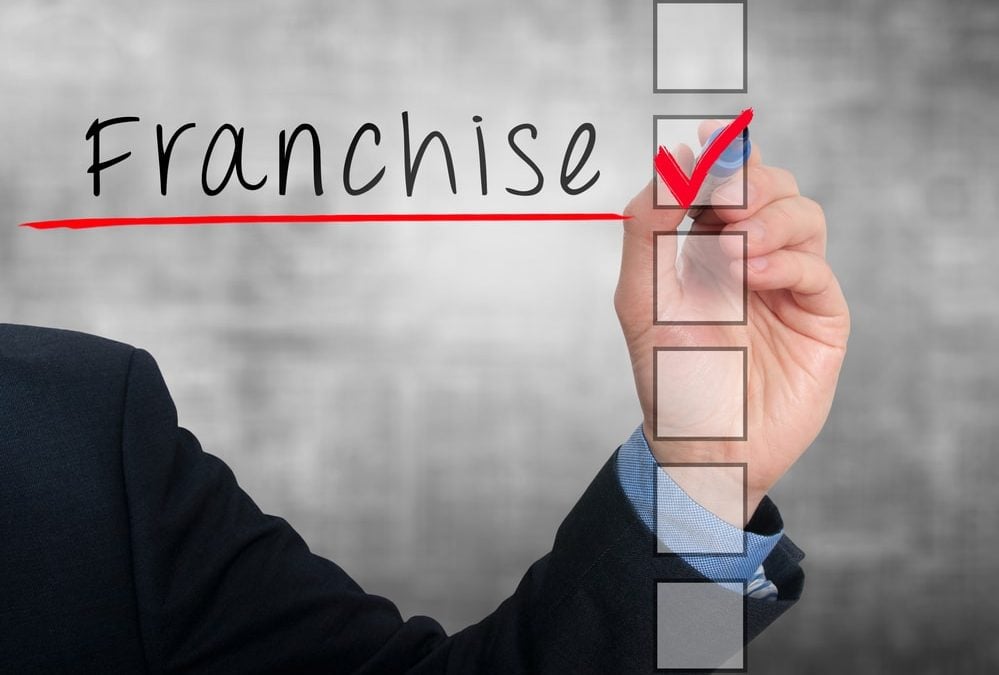In the United States, buying a franchise business is an extremely popular choice for starting a business, with over 800,000 franchises existing as of 2017. A lot of people choose to purchase a franchise because they believe it is a guaranteed plan for success. And while there are a number of advantages to franchising that may help you to succeed more easily with a franchise than when you create your own business from scratch, there are a number of disadvantages that you must consider before you make the decision to start a franchise.
Advantages of Franchising
There are a number of advantages to owning a franchise, and likely the most popular reason for owning a franchise is that it has a lower failure rate than other business start-ups. If you invest in a franchise, you are investing in a business concept that has already been successfully established in other locations. Therefore, it’s no surprise that, statistically, franchising has a much higher success rate than untested, new business start-ups. For an independent business that is started from scratch, there is typically a seventy to eighty percent chance the business will not last through its first few years. On the other hand, franchisees typically have a success rate of around eighty percent over that same time period. Much of the success comes from the fact that franchises typically have name recognition on a national level and, therefore, customers already know and like a franchisee’s product.
Another huge advantage for many franchisees is the baked in support that comes along with a franchise. For most franchises, support starting the business and running it afterward is part of the deal with the franchisor. In some situations that can include everything from equipment and inventory to training and instruction. Many franchise opportunities offer ongoing assistance to franchisees that might include marketing assistance and management training. Additionally, whenever the national parent company completes advertising campaigns, local franchisees reap those benefits without spending additional funds.
Franchisees are often able to get better prices on supplies and equipment than a traditional business startup because a franchise can use the buying power of other franchisees or the parent company and benefit from bulk buying. As a result, franchisees often realize a reduced cost of doing business over an independent business.
Proven profitability is another huge advantage to choosing a franchise. For some of the most well-known franchises, huge profits can be made. While well-proven franchise concepts can be much more expensive investments initially, the opportunity for high profits often makes the initial expense well worth bearing.


